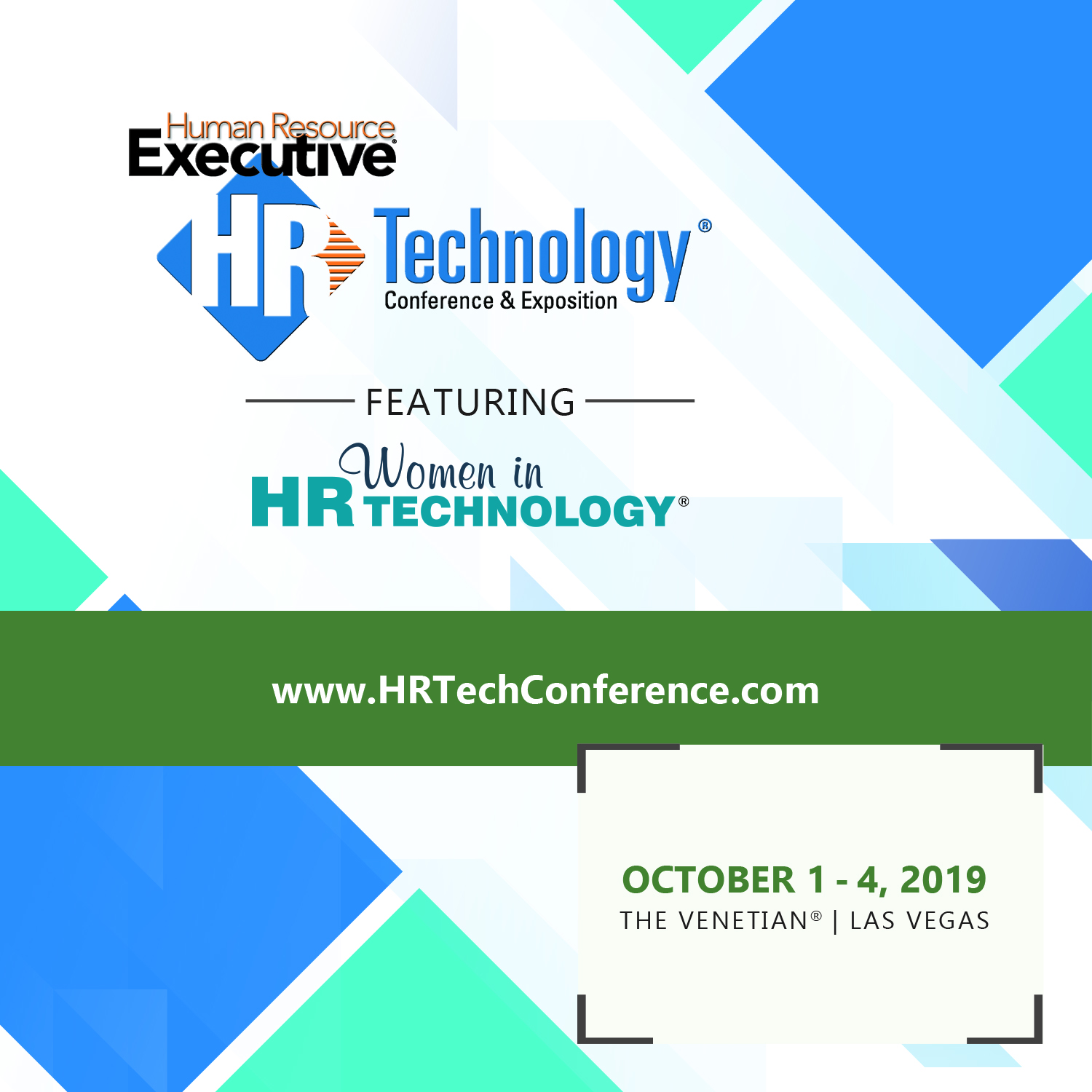Three Observations from the LinkedIn 2018 Emerging Jobs Report
Recently, our pals at LinkedIn released their 2018 Emerging Jobs Report, a look at the jobs and skills that have been most in demand from employers on the LinkedIn platform, both in 2018 and over the last few years. it is a really excellent look at activity on the LinkedIn platform, which I am pretty confident in stating is the world's largest professional networking site, and which remains for many organizations one of the most important sourcing and recruiting tools.
I have been a little skeptical or perhaps cynical over the years at these kinds of reports, mainly because they always seemed to skew way towards the jobs and skills that Silicon Valley Tech companies were seeking, and was not terribly illustrative or indicative of the overall US labor market. Said differently, the kinds of jobs that LinkedIn usually reports are 'hot' are the kinds of jobs very few people actually have. Office and administrative support or retail salesperson (two of the most common job categories in the US), never make these lists. And while there remains a little of that kind of 'not the real world' feel to the Emerging Jobs Report, (you will see in a moment what I mean), there are also some pretty interesting and important insights in the report I wanted to highlight. So here goes..
1. As I alluded to above, the top 'emerging job' is one almost no one has
Number one on the LinkedIn list for emerging jobs in 2018 is called 'Blockchain Developer' with 33x growth in activity and interested in 2018. If you are a blockchain developer or are an HR or talent person who is recruiting blockchain developers, well, I probably have nothing else to offer you on this post. Suffice it to say, for 99% of us the next blockchain developer we run into will be the first. But let's keep looking through the report.
2. Number three on the emerging jobs list is actually a job lots of people have, most of us have someone in our lives who has this job, and lots of the HR and talent pros reading this are probably recruiting for - Application Sales Executive
According to LinkedIn, there has been a 8x increase in activity for these roles. This is pretty amazing to me, as there have been Application Sales Executives in just about every tech company for ages. For a mature kind of job type to see that much growth year over year is remarkable and also, hopefully a signal that the pace of innovation, development, and new technology hitting the market will continue in 2019. Sales is no doubt not for everyone, but this data suggests plenty of opportunity for those willing to put in the time and effort.
3. The number one skill that LinkedIn claims employers are having trouble finding has nothing to do with Blockchain, or AI, or software development of any kind.
LinkedIn says that 'Oral Communication' is the skill group with the highest shortage in nearly every major city in the country. Think skills like public speaking, effective communication, presentation skills and the like Maybe it's because we (the societal we) have spent a decade or more trying to convince every kid that he/she needs to learn how to code, that many of us, (especially anyone under 30), has essentially replaced phone calls with text messages, or that the classical liberal arts kind of education and background has over time been diminished in value. Whatever the reason, employers are having trouble finding candidates with quality skills in oral communication. That to me is more interesting than however many more people go chasing blockchain development skills in 2019.
Go check the entire report over on the LinkedIn blog. It is a fascinating look at one (admittedly big) slice of the job market.
Have a great week!

 Steve
Steve

